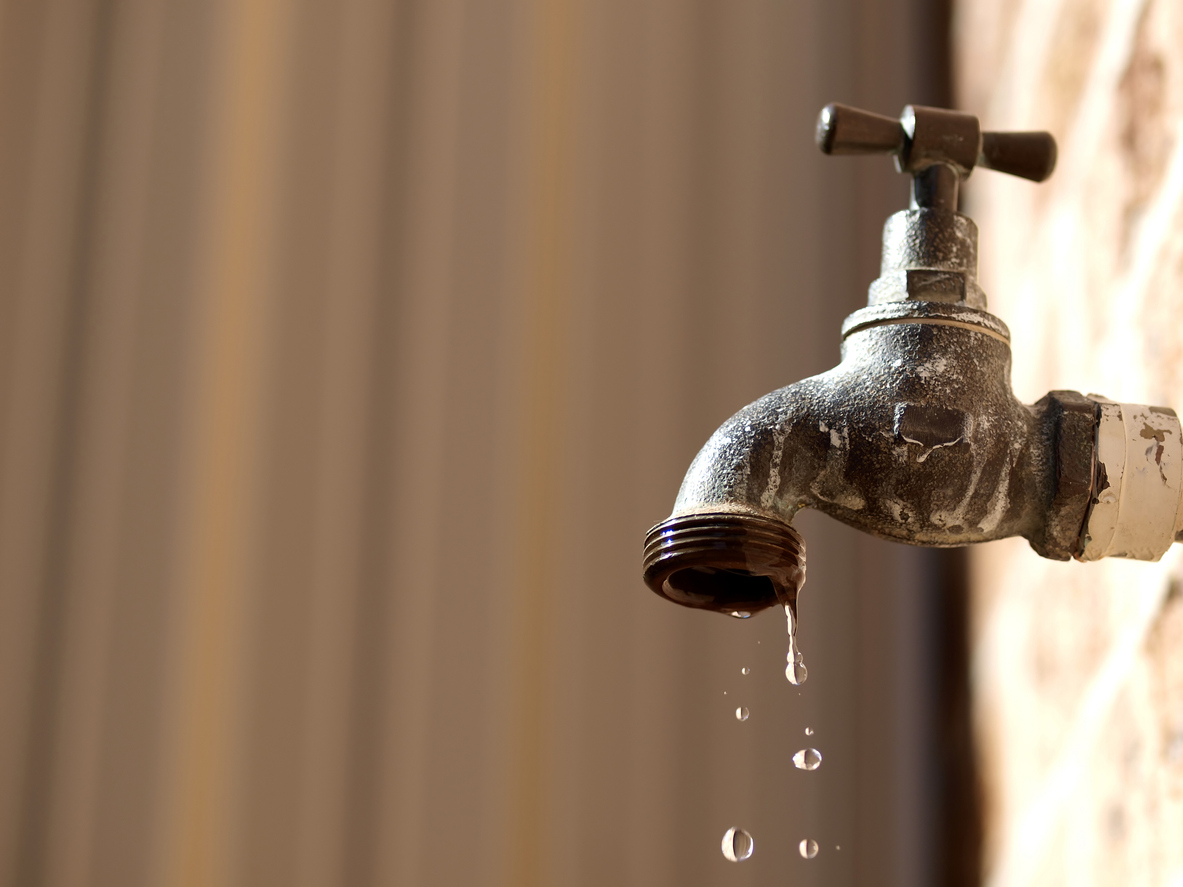Let’s Get The Lead Out!
Lead in Plumbing & Drinking Water Safety
Lead testing completed by Manitowoc Public Utilities (MPU) has found lead levels in some homes above the U.S. Environmental Protection Agency’s (EPA) action limit. MPU continuously addresses this health concern and is committed to informing and educating its customers about lead. MPU began conducting routine monitoring for lead in drinking water in 1992. Historically, the lead levels have been below the EPA action limit of 15 parts per billion (ppb), or 0.015 milligrams per liter (mg/L). MPU’s source water, water mains, and finished drinking water do not contain lead. When water is in contact with pipes (or service lines) and plumbing containing lead for several hours, the lead may enter drinking water. Homes built before 1950 are more likely to have lead pipes, and homes built prior to 1984 could have lead solder. MPU has taken the following actions to address lead in drinking water:
Optimized our existing corrosion control program, which was put in place in 1994 to reduce lead impacts. A new blend of phosphate is being added at a higher dose to help sequester lead and copper in customer-owned water service piping from leaching into the drinking water supply.
Completed an improved water distribution flushing program to remove minerals and sediment from water mains, which will help improve and control corrosion of lead piping.
Developed a program to encourage homeowners to replace their lead service lines. This program provides a low-interest loan that property owners can obtain when replacing their entire lead service line.
Lead and My Health
Lead can cause serious health problems if too much enters your body from drinking water and other sources. Lead can be found in many products and locations. The most common source is dust and chips from lead based paint used in toys, furniture, and older homes. Lead absorbed by the lungs and the digestive tract enter the bloodstream, where it distributes to all tissues of the body. Excessive levels of lead can damage the brain, kidneys, nervous system, red blood cells and reproductive system. Young children, infants, and fetuses appear to be most vulnerable. The degree of harm is directly related to the level of lead in the blood. Some harmful effects are reversible if exposure is reduced, while other harmful effects can be permanent.
Lead used in service lines and interior plumbing is a health concern. Manitowoc Public Utilities takes measures to prevent leaching from lead plumbing materials into your water. Older homes may be more at risk than others. Manitowoc Public Utilities recommends you have your service line and interior plumbing inspected by a licensed plumber or home inspector for the presence of lead pipes, lead solder, or lead fixtures.
The following conditions will help determine if your drinking water is exposed to lead plumbing:
- Was your home constructed before 1950? About 5,600 homes in Manitowoc were constructed before 1950 and may have lead pipes in part of the water service. The lead pipe may appear in the basement where the service enters the building, but could be hidden in the yard between the house and the street.
- Water service lines and household plumbing that are dull gray in color and are soft enough to be scratched with a house key are lead.
- Homes with copper pipes built before September 1984 may have lead in the solder used to connect pipes. Lead solder was banned after this time.
- Plumbing and fixtures installed before January 1, 2014, or purchased from sources outside of the US may contain lead. Since that date, only lead-free fixtures and fittings are allowed to be installed or used to repair drinking water plumbing.
Research shows that disturbances to the ground near lead service lines can temporarily increase the lead levels in drinking water by dislodging lead-containing particles. This is why MPU requires the full lead service line to be replaced when water mains are replaced.
For more tips and information on drinking water safety and lead, please visit the following websites:
http://www.cdc.gov/nceh/lead/tips/water.htm
http://water.epa.gov/drink/info/lead/lead1.cfm
If you have questions about lead testing or the health effects related to lead in drinking water, contact the Manitowoc County Health Department at (920) 683-4155.

